New Canadian designed device could ease demand for invasive ventilators
LONDON, ONT —
Researchers in London, Ont. collaborating with General Dynamics Land Systems (GDLS) have designed a new device that could help ease the demand for invasive ventilators during the COVID-19 pandemic.
Since the beginning of the pandemic health care providers have steered away from what are known as non-invasive ventilators because of their higher risk of transmitting the virus during treatment.
Researchers at Lawson Health Research Institute, London Health Sciences Centre (LHSC), and the University Health Network (UHN) teamed with GDLS to find a solution.
What they came up with is a new non-invasive ventilation mask that could help reduce the production of airborne respiratory droplets.
The new device is already being tested through a clinical trial at LHSC.
“Non-invasive ventilators like CPAP (continuous positive airway pressure) and BiPAP (bi-level positive airway pressure) machines are associated with an increased risk of COVID-19 transmission and so many hospitals have moved directly to invasive ventilation,” said Dr. Dr. Tarek Loubani with Lawson and LHSC.
Unlike invasive ventilators, which require intubation, non-invasive ventilators help patients breathe through a mask that provides positive pressure to keep the lungs open and functioning.
The new device is customized from a firefighter’s mask using 3D printing and can be attached to any CPAP or BiPAP machine.
“There are countless CPAP and BiPAP machines idling around the world while all resources go towards invasive ventilation,” said Dr. Azad Mashari with the UHN.
The new mask, if successful, could put these machines back to work and greatly reduce the pressure on health care systems searching for ventilators.
General Dynamics Land Systems-Canada, based in London, stepped in to help with the design and manufacturing of the masks.
“The innovative design was very much a collaborative effort between all parties to contribute solutions to the COVID-19 pandemic,” said GDLS spokesperson Doug Wilson-Hodge.
The initial clinical trial will test the device with up to 50 patients at LHSC’s Victoria Hospital and University Hospital with plans to expand to their network.
The research team anticipates other hospitals in Ontario and across Canada will join the study to create a multicentre clinical trial.

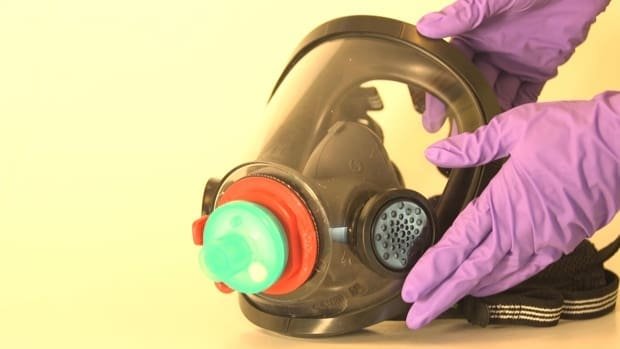

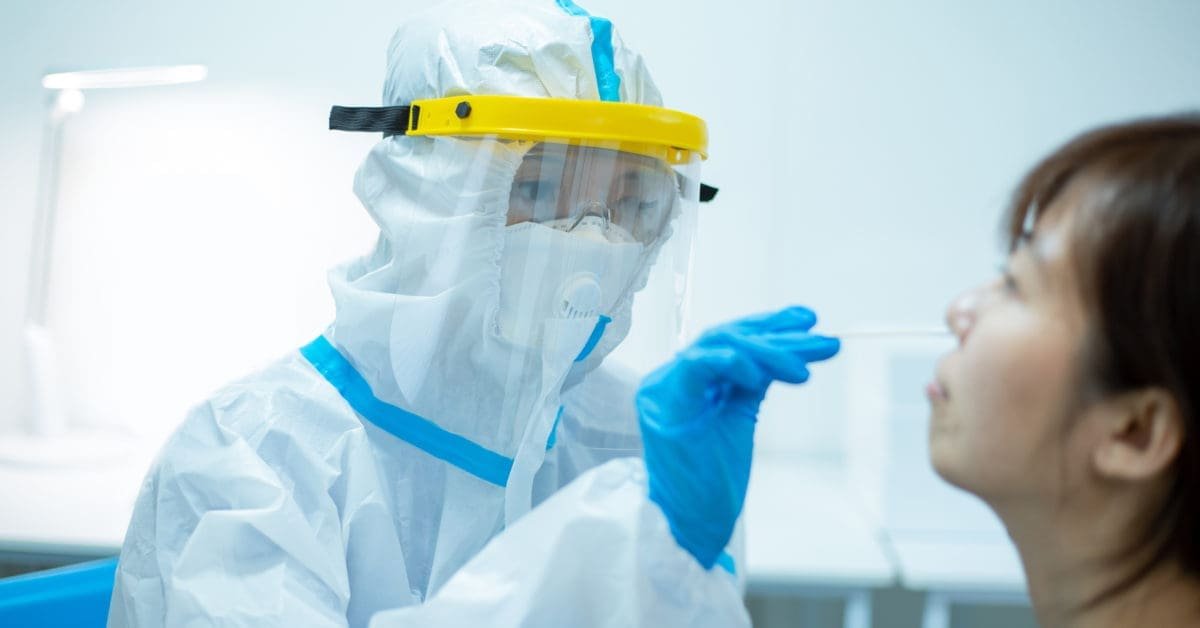
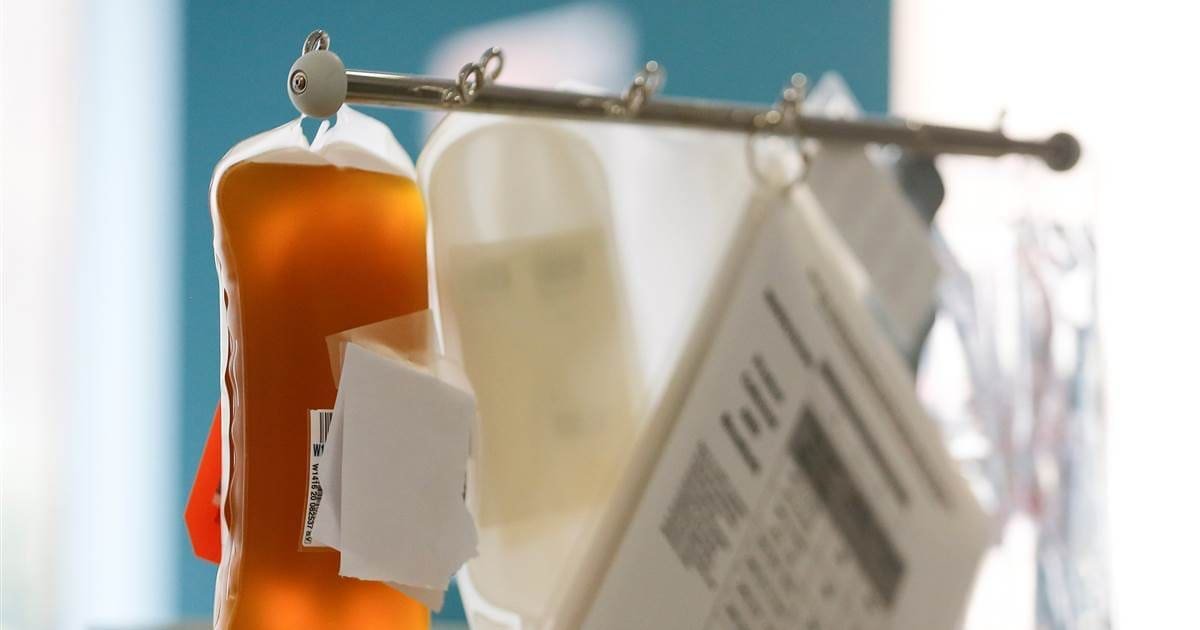
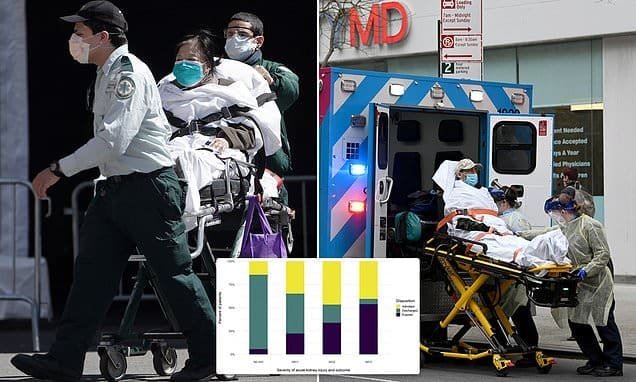
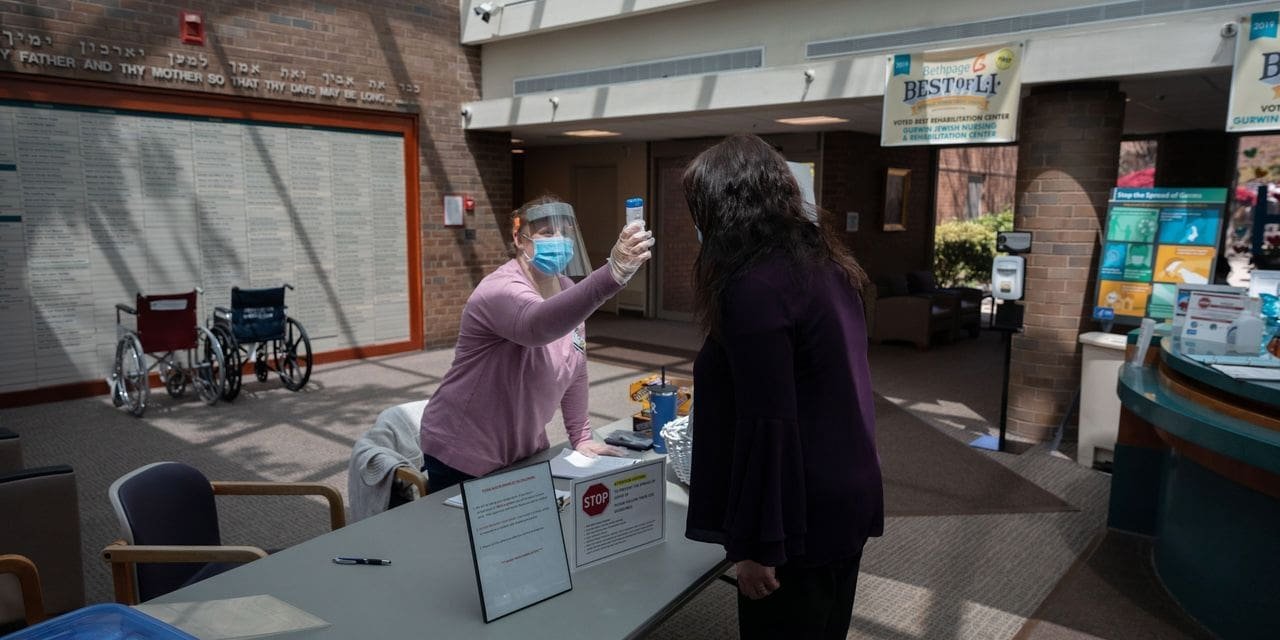
Recent Comments